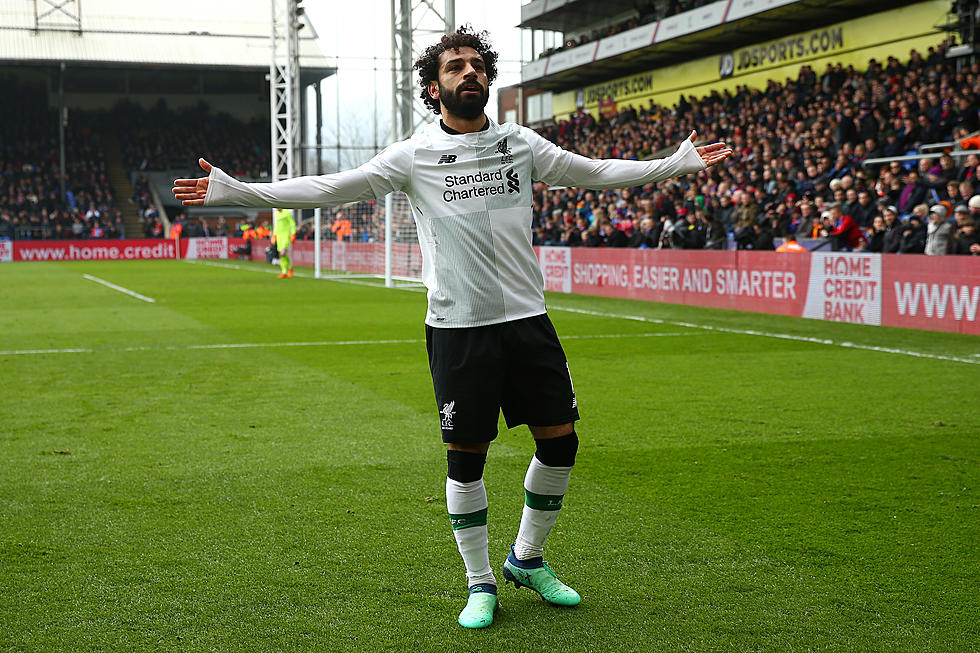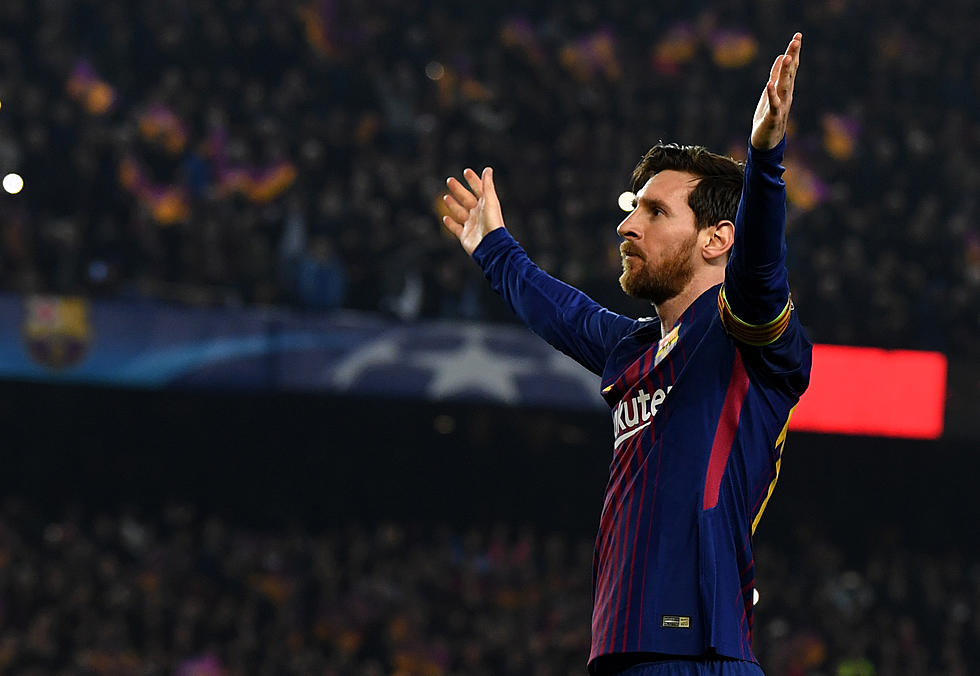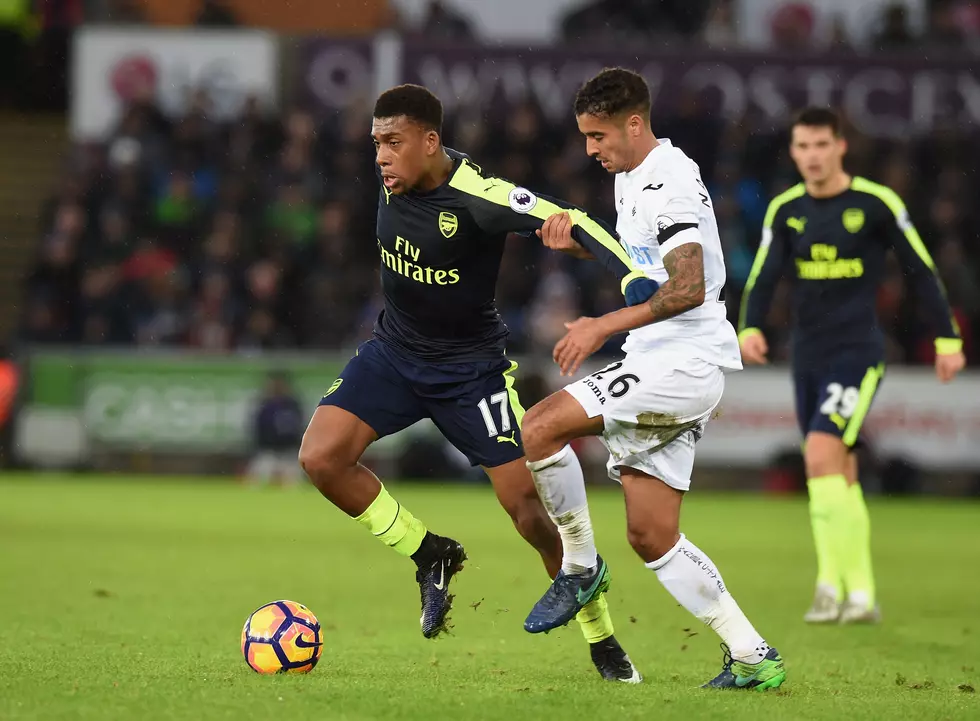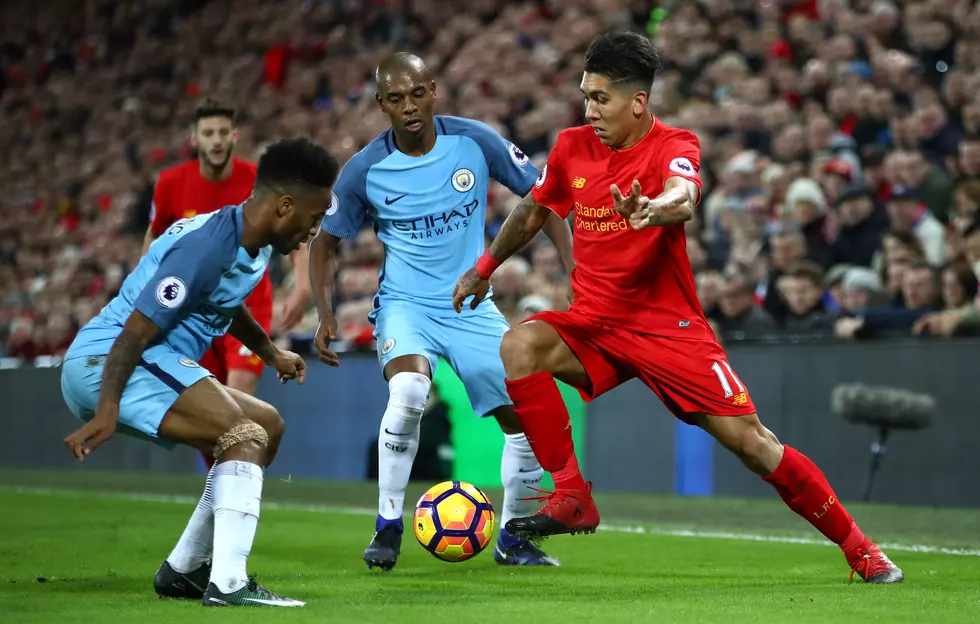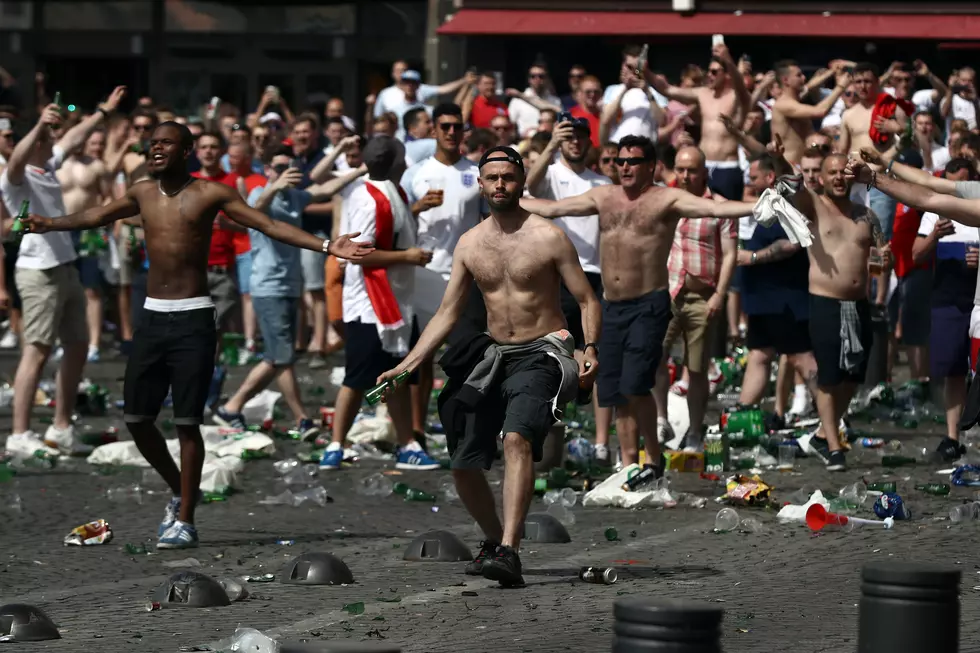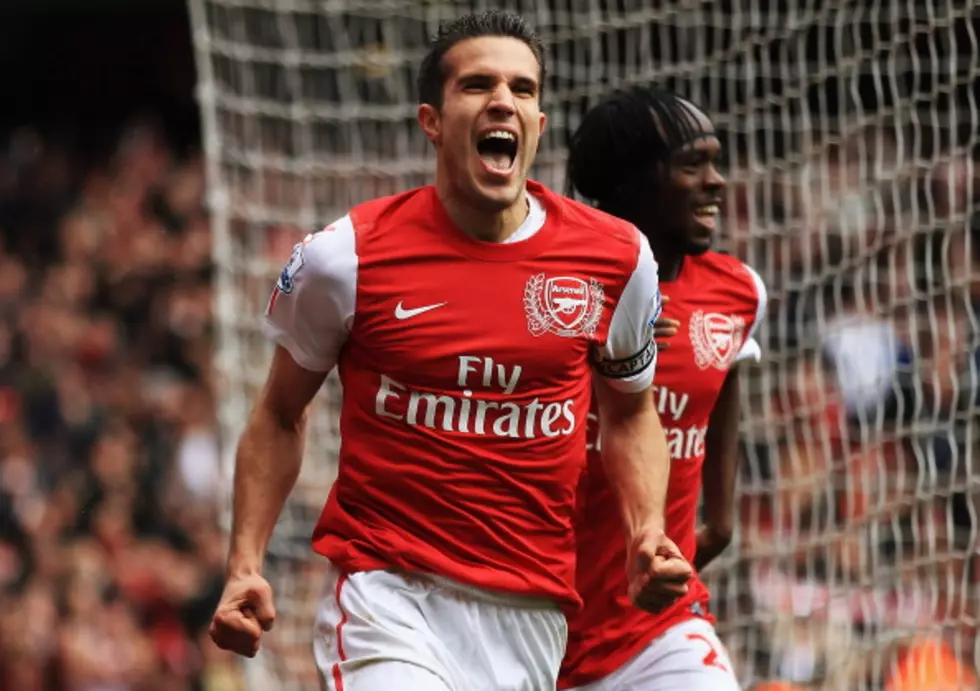
2012-2013 English Premier League Preview Part Two: Transfers Galore
In a four part series, Jay Sanin will be breaking down the upcoming English Premier League season. For an introduction to the series, click here. For part one, click here.
Now that we have introduced the three new entrants into the English Premier League fray, it is time to break down one quarter of the league's fans favorite part of the summer and three quarters of the league's fans least favorite part of the summer: the summer transfer window.
I say that only one quarter of the league's fans enjoy it, because the formula has become simple in the Premier League: the top teams make the UEFA Champions League, make extra money from it, and spent that money on players that other teams can't afford. The better players make the teams better, they make the Champions League again, make more money again, and the cycle continues. We'll get back to whether or not that process is sustainable in a bit, after breaking down the notable transfers of the 2012 summer transfer window.
Robin Van Persie: From Arsenal to Manchester United
The news of this one just broke today, and it immediately makes United's front line of Wayne Rooney, Javier "Chicharito" Hernandez, and RVP the best in the Premier League. Van Persie led the Prem with 30 goals last season for an Arsenal team that didn't have a whole lot going on offensively outside of him (74 total goals last year). Combined with Rooney, who was second in the league with 27 goals, United are to be feared much more than last year. And we haven't even got to their other big ticket signing yet.
Shinji Kagawa: From Borussia Dortmund (Germany) to Manchester United
All of the ink is going to go towards the United front line in terms of press coverage, but this signing is just as important, if not more so. Kagawa helped lead Borussia Dortmund to a surprising German Bundesliga title with 13 league goals and 8 assists, a total that will increase with a better set of strikers around him (All respect in the world to Robert Lewandowski, but he's no RVP). His skill set as a creative playmaker will make things even easier on a crew of strikers who don't need any help as it is. Watching him and David Silva fight for the title of the league's best playmaker will be a delight, unless you are a fan of a team outside of Manchester.
Eden Hazard: From Lille (France) to Chelsea
It was a fascinating race to claim Hazard between Chelsea and the two Manchester clubs, with Chelsea pulling him to London. Hazard, at 21 years old, already has a ton of experience, playing in France's Ligue 1 since the 2007-2008 season, racking up over 30 goals for Lille during that time. Last season, he buried 20 for them along with 16 assists, making him a prime candidate to be scooped up by an English squad. He will be challenged like never before in the Premier League, but he will enter the league as one of its most skilled players. I am very excited to see how loudly he interjects himself into the title race this year.
Santi Cazorla and Lukas Poldolski to Arsenal
Arsenal traditionally do not like to spend much money in the transfer market, preferring to use home grown talent in recent years, which hasn't yielded the results fans have come to expect from The Gunners. These two moves will help them ensure that their amazing run of 15 straight years in the Champions League continues.
Cazorla comes from Malaga in Spain's La Liga. He played a role in Spain's Euro 2012 title run this year and has two goals for the national team in all competitions in 2012. A veteran at 27 years old, Cazorla is the opposite of many of Arsenal's recent attempts to turn things around. This move says to me that Arsenal want more than a top four finish every year.
Podolski has scored at least 10 goals in all competitions in all but one year since the 2005-2006 season. He comes from FC Cologne in Germany, where he scored 18 goals and had 7 assists last season. He will need to perform similarly this year to help Arsenal fill the void left by RVP's departure.
Ji-Sung Park and Robert Green to Queens Park Rangers
QPR were nearly relegated last season, but survived on the final day. They lose goalkeeper Paddy Kenny to a lower division English team, and pick up Green who will forever be known as "that guy who let that ball shot right at him go into the net against America in the World Cup." I will really be rooting for Green, as anyone should after such a horrible mistake.
Probably more useful to the Rs is the addition of Park, who has been a mainstay at Manchester United prior to this move. He is by no means in his prime, but even just having a guy with a pedigree such as his can help develop players and eventually keep the team further from the relegation line. That's a positive starting point.
Notably absent from this list is Man City, who have thrown around over a billion dollars, under the ownership of Shiekh Mansour and his Abu Dhabi ownership group, in transfer fees in recent years to rocket their team from relegation bound to champions in a short time. They are the cornerstone of the debate as to the sustainability of the current transfer system.
I, however, think that the current system is fine. There is no salary cap, with every team paying a fee to sign a player (for fans who are unfamiliar: think of it as what MLB teams do to secure the rights to negotiate with Japanese pitchers in the past). Naturally, the richer clubs can afford to spend more on those fees.
In recent years, both Chelsea (under Roman Abramovich) and Manchester City have been taken over by oil magnates who have thrown around exorbitant amounts to jettison their teams to the top. That has been met with the ire of many Premier League purists, many of whom call those teams The Oilers and variations of the sort.
First of all, whenever United make a similarly expensive signing, nobody says a word. If you don't like the owner or the way they were purchased, that's one thing. But don't condemn the system unless you are going to condemn it at all times, even when it benefits you. That type of hypocrisy is maddening.
As for the sustainability of the system itself, teams such as City and Chelsea claim massive financial losses as a result of overpaying for players. UEFA, football's governing body in Europe, has said that they want to install rules to prevent teams from being allowed to do that, known as Financial Fair Play, but that doesn't seem to be close to happening as of right now.
My question to everyone who wants to curb spending is this: why is it your business that someone with a billion dollars to spend wants to spend it on making his team the best that he possibly can? Here in America, Major League Baseball is littered with owners who refuse to spend money so they can pocket as much money as possible. You should be thrilled to have owners who want to do the exact opposite.
On the other side of the equation, the teams that can't afford the big names don't have to spend the money to get them. Therefore, they aren't losing money over this system. So what is the big deal? If I were a fan of Queens Park Rangers, for example, would I be mad at Chelsea for having a rich owner? No, maybe one day we will have one. But that's not the fault of a rich owner.
All of this, and I have yet to mention the most obvious part of the equation: the players still need to fit together in a way that makes them good enough to win. The Prem is too talented to just buy players and win instantly. You need a manager that can put the right strategy together for them and for the players to make sacrifices to make it all work. But that won't help the fans of Everton feel better, so they just complain about dollar signs. Pathetic.
The transfer system is more than sustainable in the English Premier League, and across world football. It is all a matter of patience and knowing that one day, your team's moment will come.
ESPN's Steve McManaman said it perfectly after the conclusion to last season: "You can have all the money in the world, but you can't buy things like this."
More From 104.5 THE TEAM


